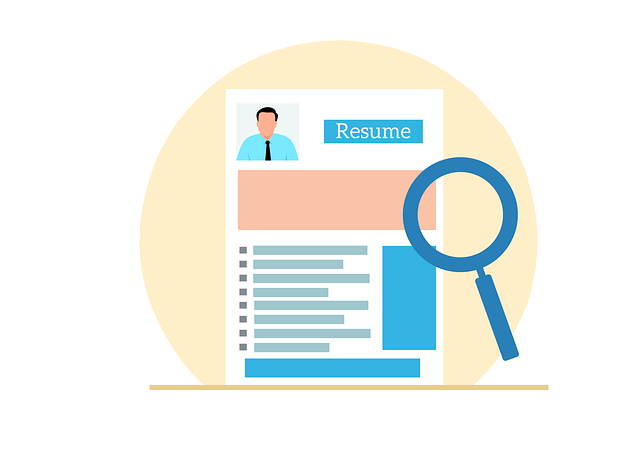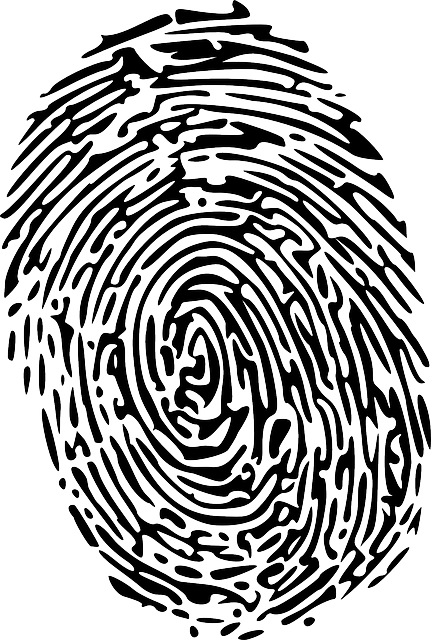
Image courtesy of Pixabay
In the competitive world of recruitment, employers in Moncton must stay ahead of the game when it comes to hiring top talent. While interviews and resumes provide valuable information about candidates, there is one extremely important step that can truly make a difference in the hiring process. These checks play a large role in validating a candidate’s qualifications, skills, and work history. By reaching out to people who have worked closely with the candidate in the past, employers gain valuable insights that can help them make more informed hiring decisions. In this thorough guide, we will provide Moncton employers with a game-changing approach to doing effective and legal reference checks.
Understanding Reference Checks
Reference checks are a process where employers contact people who have had a professional relationship with a job candidate in the past. This will allow you to gather information about their work performance, skills, and character. The purpose of it is to verify the accuracy of the candidate’s claims, assess if they’re right for the role, and gain opinions on their abilities and work ethic. This step allows employers to make informed decisions based on past experiences and feedback from people who know the candidate’s performance firsthand.

Image courtesy of Pixabay
Types of reference checks
There are different types of reference checks that employers can use to gather different points of view of an applicant’s abilities and character. These include:
Professional reference check
These involve contacting people who have worked directly with the applicant in a professional capacity, such as supervisors, colleagues, or subordinates. They can provide insights into the candidate’s job performance, teamwork skills, and ability to meet deadlines.
Personal reference check
These involve reaching out to people who know the applicant on a personal level, such as friends, family members, or mentors. Personal references can shed light on the candidate’s personal qualities, work ethic, and overall character.
Academic reference check
These are relevant for applicants who have recently graduated or are early in their careers. Academic references involve contacting professors, advisors, or internship supervisors. Without much work experience, it’s important to look at the candidate’s academic performance, learning abilities, and potential for growth.

Image courtesy of Pixabay
Criminal record check
A criminal record check is a process that involves searching for information about a person’s criminal history from law enforcement agencies and databases. There are different types of criminal record checks available throughout Canada, each serving a specific purpose. These include:
Basic Criminal Record Check: This check provides information if a person has a criminal record. It reveals not only convictions but any pending charges. It is the most common type of criminal record check.
Vulnerable Sector Check: This check should be requested for people who will be working or volunteering in positions involving vulnerable populations, such as children, the elderly, or people with disabilities. It includes a Basic Criminal Record Check along with a search of local police databases.
Fingerprint-based Criminal Record Check: This check involves fingerprinting by the Royal Canadian Mounted Police (RCMP). The prints are then run through both a national and international database. This check provides the most accurate and detailed information about a person’s criminal history.
Instant Record Check can help you with a variety of record checks. We provide results within 48 hours and save you valuable time during your recruitment process.
Legal considerations for reference checks in Moncton
It is very important for employers to be aware of legal considerations and ensure compliance throughout the process. In Moncton, employers must adhere to provincial and federal laws regarding privacy, discrimination, and confidentiality. It is essential to obtain the candidate’s consent before conducting reference checks and only request information that is relevant to the job. Employers must handle information with confidentiality and be mindful of potential biases or discrimination based on protected characteristics. By following these legal considerations, employers can conduct in a fair and lawful manner.

Image courtesy of Pixabay
Planning for Reference Checks
To maximize effectiveness, employers should develop a strategy that aligns with their hiring goals. This strategy includes the following steps:
Preparing The Applicant
Tell the candidate about the reference check process, and why it’s being done. Provide direction on selecting appropriate references.
Identifying the right references
Help the candidate identify suitable people who can provide meaningful insights into their qualifications and work experience.
How to approach the background check process
Establish a consistent approach for conducting employment background checks, including the timing, method of contact, and types of questions to ask. This helps your human resources director to be consistent with each applicant.
Conducting Reference Checks
When conducting these checks, employers should use effective techniques to gather accurate and useful information. Some techniques include:
Ask open-ended questions
Encourage references to provide detailed responses by asking open-ended questions that go beyond simple “yes” or “no” answers.
Ask for specific examples
Request concrete examples of the candidate’s skills, accomplishments, and areas for improvement to gain an overall understanding of their capabilities.
Handling reference check challenges
Address any red flags from references and use tact to learn valuable information.

Image courtesy of Pixabay
Using Reference Check Information
Once reference checks have been conducted, employers must evaluate the feedback received and compare it with other hiring criteria. This information can help by providing additional perspectives and validating the candidate’s claims. Furthermore, background checks serve as a powerful tool to avoid bad hires by revealing any untruths that may have been missed during the initial stages of the hiring process.
Training hiring managers on reference check best practices
Provide training and guidance to hiring managers to ensure they conduct effectively, ethically, and in compliance with the organization’s policies.

Image courtesy of Pixabay
Conclusion
Reference checks are a game-changing tool that enables employers in Moncton to make better hiring decisions. By verifying a candidate’s qualifications you gain valuable insights into their abilities and character. By paying attention to red flags and legal considerations, employers can increase the likelihood of finding the best-fit applicants for their organizations. Instant Record Check can help take the guesswork out of which background checks are best for your company, and we do the legwork so you don’t have to. Contact us today to learn more.







